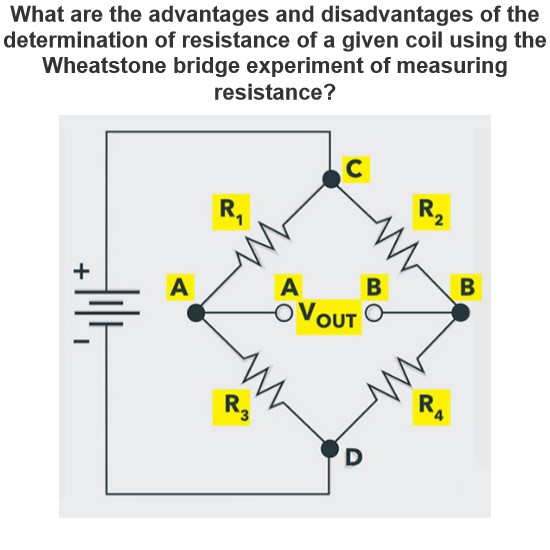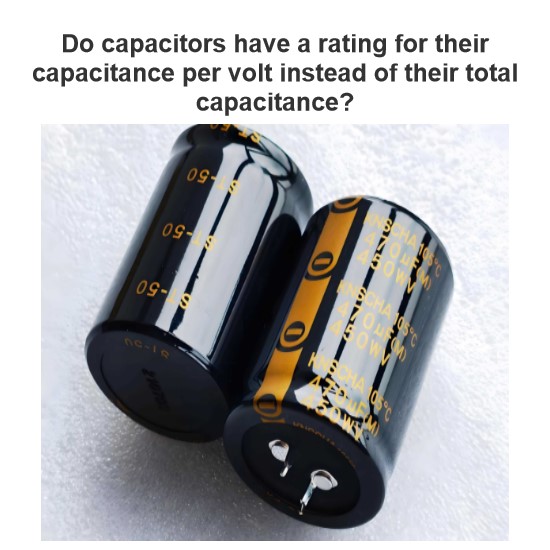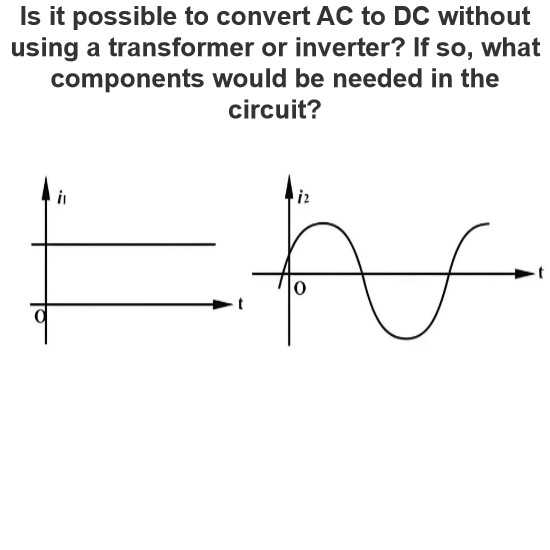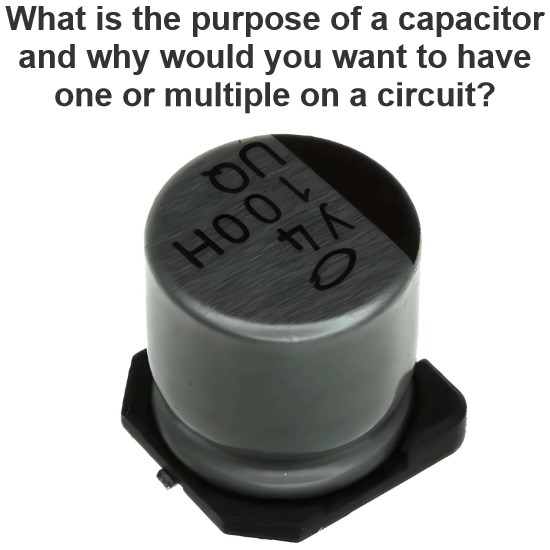What is the relationship between voltage and a capacitor if an inductor leads voltage?
The reaction of the capacitor when the inductor leads the voltage
When the rate of voltage change on the inductor is higher than the rate of current change, the inductor is inductive, and the voltage is ahead of the current. Under such conditions, we discuss the reaction of the capacitor.
The phase relationship between voltage and current
In circuitry, the phase relationship between voltage and current refers to the time difference and Angle difference between them. In an AC circuit, the phase relationship between voltage and current can be divided into several cases:
Resistive load: The voltage and current phase are the same.
Inductive load (inductive nature) : voltage phase lead current.
Capacitive load (capacitive property) : The voltage phase lags the current.
Characteristics of capacitor
Capacitors are memory components that store electrical charges. The ratio of voltage to current of a capacitor is called capacitance, and the unit is farad (F), but in practice micromethod (μF) and picomethod (pF) are commonly used as units.
Interaction of inductors and capacitors
Capacitive voltammetry relationship
The current on the capacitor is determined by the rate of change of the voltage. If the voltage is constant, the current through the capacitor is 0, similar to an open circuit. Capacitance is memorized, and the voltage at a certain time needs to be obtained by integrating the current function from negative infinity to that time.
Inductive voltammetry relationship
The voltage at both ends of the inductor is determined by the rate of change of the current. If the current is constant, the voltage at both ends of the inductor is 0, similar to a short circuit. Inductors have the ability to prevent changes in current.
The reaction of the capacitor when the inductor leads the voltage
When the inductor leads the voltage, it means that the inductor is trying to keep the current constant while the voltage is changing. In this process, the capacitor will play a regulating role.
The effect of capacitance on inductors
Since the voltage of the capacitor is continuous, it will try to smooth the changes in voltage, thus helping to stabilize the voltage at both ends of the inductor. If the voltage starts to increase too quickly, the capacitor will release the charge and increase the current to lower the voltage. Conversely, if the voltage starts to drop too fast, the capacitor will absorb the charge and reduce the current in order to increase the voltage.
The process of charging and discharging capacitors
In the case of the inductor leading voltage, the capacitor will participate in the charge and discharge process. If the inductor is trying to maintain a high frequency AC signal, the capacitor will assist in the exchange of energy. The capacitors work with the inductors to ensure the quality and stability of the signal.
Conclusion
In summary, when the inductor leads the voltage, the capacitor will be one of the dynamic components in the circuit and participate in the regulation and stabilization of the circuit. It affects the relationship between current and voltage by changing its own charge state, thereby helping the circuit maintain its desired operating state.
The Electricity Encyclopedia is dedicated to accelerating the dissemination and application of electricity knowledge and adding impetus to the development and innovation of the electricity industry.




